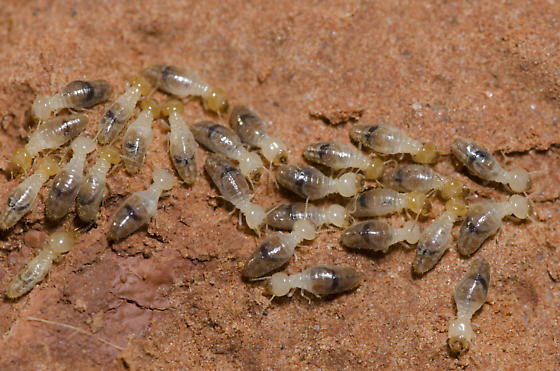(单词翻译:单击)
听力文本
Termites. Not easy to catch when you're blind.
白蚁。双目失明自然不太好捉。
Far better to go into stealth mode.
最好还是切换成隐身模式。
Once below the sand, it can detect the slightest movement...
一旦潜入沙中,金毛鼹鼠可以感知微弱的震动,
allowing it to strike with pinpoint accuracy.
让它能发动精准袭击。
Well, most of the time.
大多数时候是这样。

They can travel two thirds of a mile a night in search of its dinner...
它们一晚可以行进1.1公里来寻找晚餐
and right now, it has just detected its main course.
现在,它刚刚发现了自己的主菜。
Little wonder it's sometimes called "The shark of the dunes".
难怪它有时候被称作“沙丘之鲨”。
Food can be so scarce in the desert that, even at night,
食物在沙漠中非常稀缺,即便是在夜晚,
animals can't afford to be choosy about what they eat.
动物们也无权挑剔自己的饮食。
视频及简介
世界上的沙漠都是极端的土地,迫使动物们想出巧妙的方法来对付恶劣的环境,从而产生地球上最难以置信的生存故事。沙漠狮子的骄傲是如此的饥饿,以至于他们冒险猎杀长颈鹿的数量是它们的几倍,而雄性沙雀每天飞120英里到最近的水坑,然后用死亡来为它们的雏鸟收集水。这是第一次拍摄,一只小蝙蝠与世界上最致命的蝎子之一战斗,在马达加斯加,一群圣经比例的蝗虫被认为是前所未有的。


